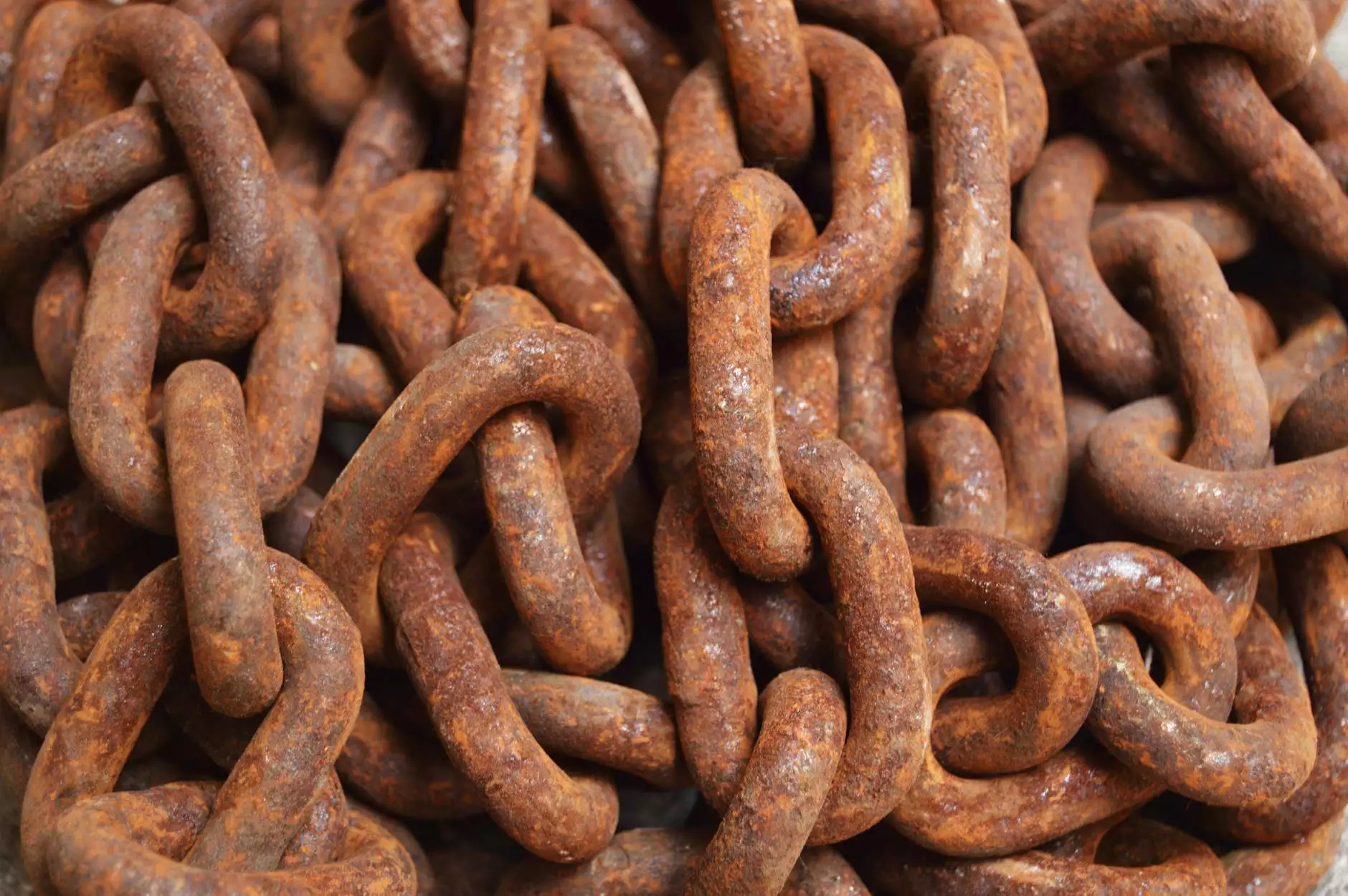The Importance of the Cylinder Block in Engine Design and Functionality

When discussing diesel engine parts, one cannot overlook the pivotal role of the cylinder block in engine systems. This critical component is the very foundation upon which engines are built, influencing everything from performance to durability. Let's explore what a cylinder block is, its functions, types, and how it contributes to the overall efficiency of diesel engines.
What is a Cylinder Block?
The cylinder block is a robust structure that houses multiple critical components of an engine, including the cylinders where fuel combustion occurs, as well as the crankshaft, which converts the linear motion of the pistons into rotational motion. Essentially, it serves as the main body of the engine.
Functions of the Cylinder Block in Engine Performance
The cylinder block plays several vital roles in engine functionality, including:
- Housing for Components: It supports the cylinders and their associated parts, ensuring they remain aligned and functional.
- Heat Dissipation: The cylinder block is designed to effectively dissipate heat generated during combustion, preventing overheating.
- Seal for Combustion Chamber: It forms a sealed environment for the combustion process, enhancing efficiency and power output.
- Structural Integrity: The cylinder block provides structural strength to withstand the high pressures and temperatures within the engine.
Types of Cylinder Blocks
Cylinder blocks come in various types, each suited for different types of engines. The main types include:
1. Cast Iron Cylinder Blocks
Cast iron is a traditional material used in cylinder blocks due to its excellent durability and heat retention properties. However, it is heavier than aluminum, which can impact the overall weight of the vehicle.
2. Aluminum Cylinder Blocks
Aluminum blocks are becoming increasingly popular, particularly in high-performance engines. They are lighter than cast iron, which can significantly improve vehicle performance and fuel efficiency. However, they may have a shorter lifespan if not properly cared for.
3. Composite Cylinder Blocks
Some modern engines use composite materials for cylinder blocks, as they combine properties of both metal and plastic. These blocks can reduce weight and improve fuel efficiency while maintaining strength.
Design Considerations for Cylinder Blocks
When designing a cylinder block, several factors must be considered:
- Cylinder Configuration: The number of cylinders and their arrangement (inline, V, etc.) affects the design significantly.
- Cooling Systems: Effective cooling mechanisms need to be integrated to prevent engine overheating.
- Manufacturing Materials: The choice of materials impacts the weight, cost, and thermal efficiency of the engine.
Maintenance of the Cylinder Block in Diesel Engines
To ensure the longevity and performance of the cylinder block in engine systems, proper maintenance is essential. Here are some best practices:
- Regular Oil Changes: Fresh oil ensures proper lubrication of the moving parts within and around the cylinder block.
- Inspection of Gaskets and Seals: Regular checks can help prevent leaks of coolant and oil, which can result in severe damage.
- Monitoring Engine Temperature: Keeping an eye on the engine temperature can prevent overheating, which can warp or crack the cylinder block.
Impact of Cylinder Block Quality on Diesel Engines
The quality of the cylinder block directly impacts engine performance. A high-quality cylinder block will:
- Enhance Power Output: A well-designed cylinder block ensures effective combustion, translating to better power and torque.
- Improve Fuel Efficiency: Efficient heat dissipation and sealing contribute to optimal combustion, resulting in reduced fuel consumption.
- Prolong Engine Life: Quality materials and construction diminish the likelihood of mechanical failures and extend the engine's lifespan.
Finding the Right Spare Parts Suppliers
When it comes to replacing or repairing the cylinder block, choosing the right spare parts suppliers is crucial. Here are key tips to keep in mind:
- Reputation: Look for suppliers with a strong reputation for quality and service within the automotive industry.
- Quality Assurance: Ensure that parts supplied meet industry standards for performance and safety.
- Warranty Options: A good supplier should provide warranty coverage for their products, reflecting their confidence in quality.
Conclusion: The Cylinder Block - A Cornerstone of Engine Performance
The cylinder block is undeniably a critical component of any diesel engine, serving as the backbone of engine operation. Understanding its role, maintenance, and quality's impact can lead to better performance outcomes and prolonged engine life. By selecting reputable suppliers for diesel engine parts and being proactive in maintenance, you can ensure your engine and its components function at their best. Whether you are building a new engine or maintaining an existing one, prioritizing the quality of the cylinder block in engine systems is essential for optimal performance.
Explore More
If you're interested in acquiring high-quality diesel engine parts, including cylinder blocks and more, visit client-diesel.com for more information on our products and services.









